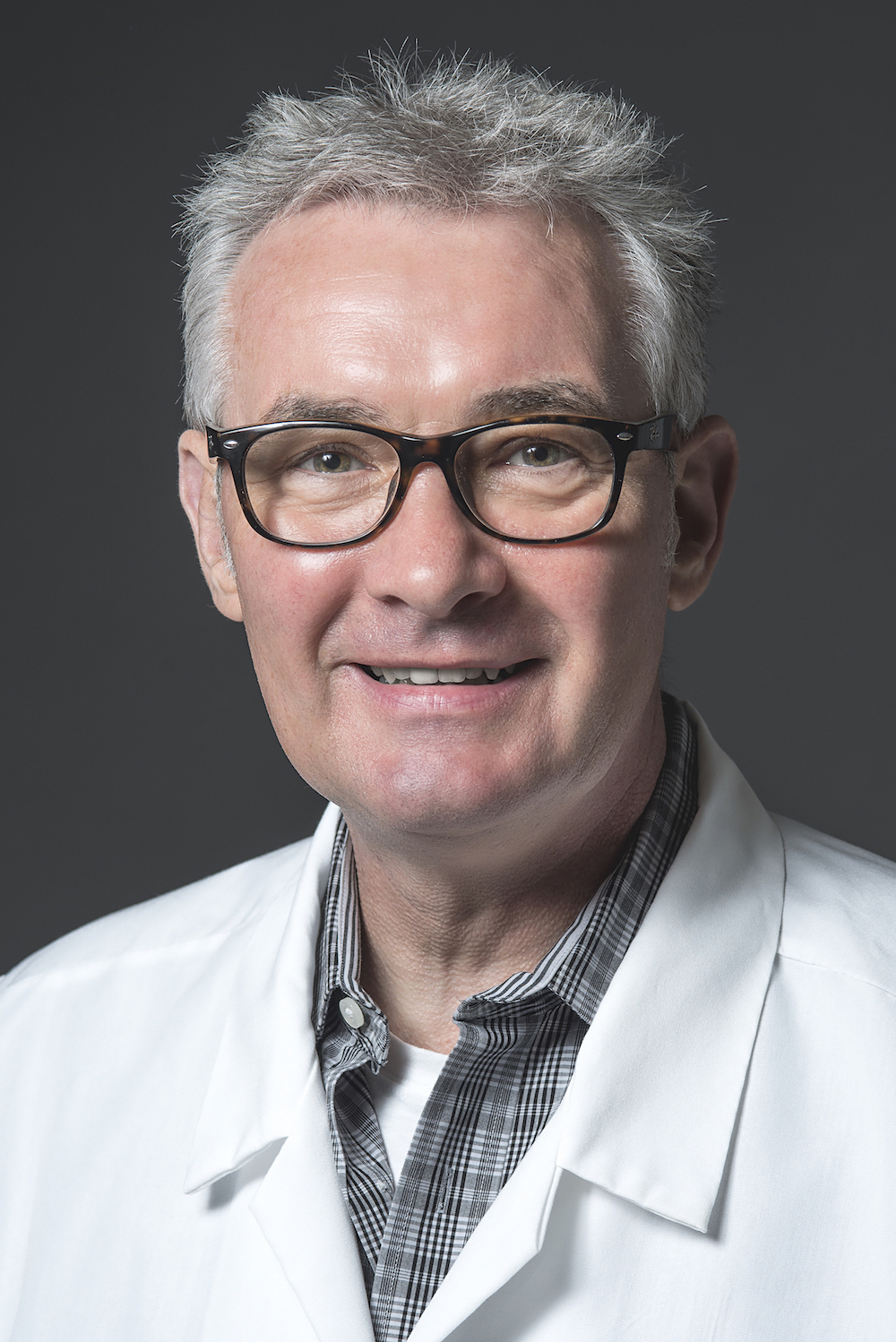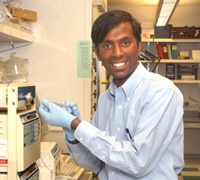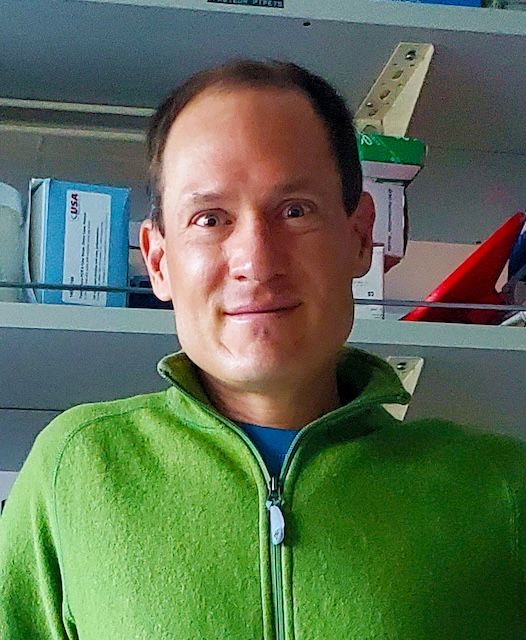Drug and Diagnostic Discovery and Development (4D)
Getting lifesaving therapeutics through to human use relies on interdisciplinary research in many different fields of study. Our program includes many aspects of the broader fields of pharmaceutical sciences and molecular therapeutics, from fundamental science to application-focused research. Areas of study include target discovery, assay design and implementation, synthetic chemistry, computational chemistry and computer-assisted drug design, structural biology, chemical biology, medicinal chemistry, natural products, biosynthesis and synthetic biology, drug delivery, antibody and immunotherapies, genomic medicine, pharmacology, toxicology, translational studies, and other areas that underlie the discovery and development of therapeutic and diagnostic agents. Our investigators have strengths across the therapeutic spectrum, including cancers, infectious diseases, neurological diseases, cardiovascular diseases, metabolic diseases, and many others.
The University of Utah General Catalog
CHEM 7470 - Nucleic Acids Chemistry
This is a one half semester course that focuses on the application of organic chemistry to the study and manipulation of nucleic acids. Topics include chemical synthesis of DNA and RNA, nucleoside and oligomer analogs, chemistry of DNA damage and repair, nucleic acid-targeted drugs and binding agents. Prerequisite: 2 semesters undergraduate organic chemistry.
Bioscience Faculty

Physiology, Metabolism, Nutrition, Time-Restricted Feeding (TRF), Circadian clock, Aging
Mitochondria, Heart Failure, ion Channels, Calcium Channels, Mitochondrial Diseases, Voltage-Clamp Electrophysiology, Metabolism, Calcium Imaging, Mitochondrial Calcium Uniporter
Peptides, Host Immune Systems Peptide Materials
Chromatin and Histone Modifications, Epigenetics and Metabolism, Protein Chemistry, Metabolite Sensors
Pediatric cancer, zebrafish models, drug screening, optogenetics, Ewing sarcoma

Drug Development, Chemical Probes, Imaging Agents


Structural Biology, Biochemistry, DNA repair, Eye Health
Protein Design, Viral Entry, Synthetic Biology, Chemical Protein Synthesis

Extracellular Vesicles, Aqueous Humor Dynamics, Extracellular Matrix, Intraocular Pressure



mRNA therapeutics; lipid nanoparticles (LNPs); liposomes, RNA delivery; cancer immunotherapy; immune tolerance; dendritic cells; macrophages, hepatocytes, immunometabolism; gene delivery; nanomedicine; CAR T cell therapy; AAV immunogenicity; immunoengineering; tolerogenic vaccines


Zebrafish, Phenotypic Screening, Behavior, Neuropharmacology, Disease Models, Genome Editing, Therapeutics



Immunological Memory, Protein Design and Vaccine, Viral Infection, Cancer, Autoimmunity, Gene Regulation and Signaling
Cancer Metabolism, Diabetes & Obesity, Metabolic Signaling



Translational Bioinformatics, Cancer Systems Biology, Cancer Data Science, Computational Immuno-Oncology, Precision Oncology


































